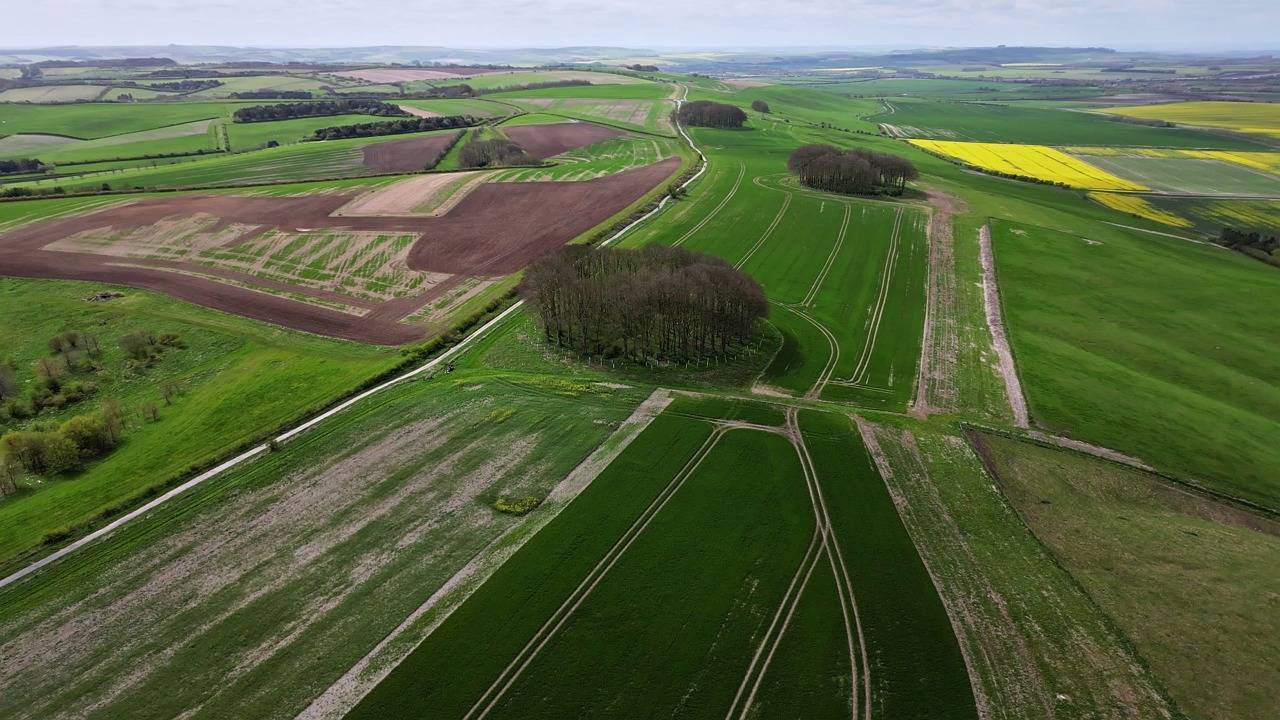The Gujarat government is preparing to introduce revised jantri rates, a critical move in the real estate sector. However, this time, the state is opting for a more inclusive approach by seeking public input before finalizing these rates. This shift is aimed at ensuring a smoother transition by allowing stakeholders to offer suggestions and raise objections, a departure from previous revisions that led to unrest in the market.
Jantri rates are government-set rates used to calculate stamp duty on property transactions. These rates determine the minimum price at which properties can be transacted, directly influencing real estate costs. The decision to involve the public is seen as a measure to prevent disruptions, especially given the historical importance of these rates in property valuations and transactions. Their revision often impacts buyers, sellers, developers, and even banks, as they affect property valuations and loan amounts.
In previous instances, jantri rate revisions have sparked controversy, particularly when the rates were abruptly doubled. In 2023, for example, the sharp increase in rates caused significant turmoil across the real estate sector, eventually forcing the government to delay the new rates. A similar situation arose in 2011 when public feedback was sought only after the rates were announced, leading to widespread dissatisfaction.
To avoid such issues, the Gujarat government is now adopting a more scientific and transparent approach. The revised rates will be made available to the public prior to their official announcement. This will allow stakeholders, including developers, property buyers, and other interest groups, to review the proposed rates and submit their feedback. The aim is to incorporate any valid suggestions or concerns, ensuring that the final rates reflect the realities of the market while minimizing the risk of backlash.
The government has undertaken detailed surveys and analyses of past property transactions to align the revised rates with actual market values. This move is expected to address long-standing discrepancies in jantri rates, which have previously led to confusion and dissatisfaction. In many cases, jantri rates were seen as outdated or inconsistent, with identical rates being applied to properties in areas that had seen vastly different levels of development. The new rates are expected to better account for these variations, ensuring a more accurate reflection of property values.
The decision to release the proposed rates in advance is designed to provide an opportunity for stakeholders to express any concerns before the rates are finalized. This approach is intended to reduce the likelihood of sudden market disruptions and allow for a smoother transition when the rates are eventually implemented. By allowing stakeholders to participate in the decision-making process, the government hopes to foster a sense of cooperation and transparency in the real estate sector.
The real estate community, particularly developers and investors, has reacted positively to the news of the forthcoming revisions. Many believe that the new rates will be more in line with current market trends and will help address some of the anomalies that have persisted under the existing system. For example, in the past, properties on wide roads and narrow lanes were sometimes subjected to the same rates, despite their different market values. The upcoming changes are expected to correct such inconsistencies.
There is optimism within the real estate sector that the proposed rates, once reviewed and revised, will provide a more accurate reflection of the current market conditions. By ensuring that the new jantri rates are based on scientific calculations and public feedback, the government aims to remove the distortions that have previously affected property transactions. This is expected to benefit both buyers and sellers, making the real estate market more transparent and efficient.
Although the revised rates have yet to be officially released, the state’s decision to seek public input is already being viewed as a positive step. By involving the public in this process, the government is addressing one of the major criticisms of previous revisions — the lack of transparency and consultation. The hope is that, by adopting this new approach, the government can avoid the kind of market disruptions that have occurred in the past, while also ensuring that the new rates are fair and reflective of actual property values.
In the broader context of the real estate market, this initiative could set a precedent for future policy decisions, encouraging greater collaboration between the government and the private sector. The expectation is that, through this process, the real estate sector will have a clearer, more predictable framework within which to operate, leading to greater confidence among developers, investors, and property buyers.
The forthcoming release of the proposed jantri rates marks a significant step in the government's efforts to modernize the property valuation system. With public consultation at its core, this process represents a more inclusive and transparent approach to policy-making. It is anticipated that this strategy will result in more accurate, fair, and market-aligned rates, benefiting all stakeholders involved in Gujarat’s real estate sector.









.png)